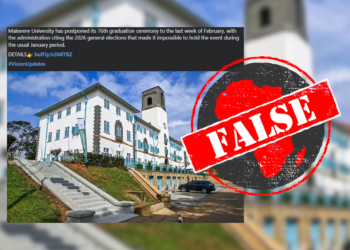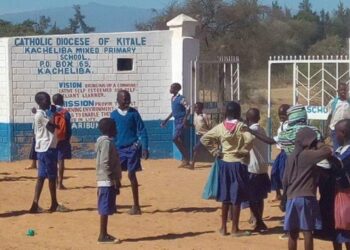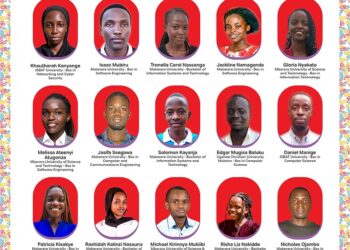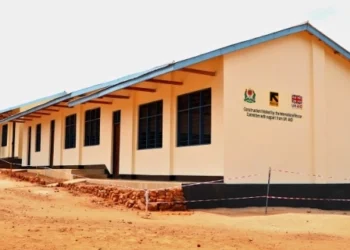Building forward-thinking systems to turn the tide on learning poverty
In Eastern and Southern Africa, about 89% of ten-year-old children are unable to read and understand a short text, reflecting a high percentage of learning poverty that was exacerbated during the pandemic. Globally, Sub-Saharan Africa continues to have the lowest participation rate in tertiary education despite enrollment doubling globally between 2000 and 2013 across all regions of the world. And in many parts of the region, especially the fragile and conflict-prone countries, societal barriers continue to persist, keeping many girls and boys out of school and preventing women especially from being educated and becoming equal members of society.
Economies today require skills at varied levels and a robust education system in a country must be multi-pronged and equipped to impart knowledge and skills at all levels of the labour market. However, achieving optimal educational outcomes today is at best, challenging, as the world grapples with its worst education crisis in history following the COVID-19 pandemic.
With 323 million school-aged children (3-18 years) projected to live in Eastern and Southern African countries by 2023, these countries are not giving up—they have been doggedly implementing a series of bold reforms to their education systems across the board—from revamping curricula, teacher training, and classrooms to educating girls and women, to improve learning outcomes across the educational system and unleash their ability to lead.
The World Bank has been a steady partner working with countries to transform education systems and lay the foundation for a brighter future for the youngest of Africa’s citizens. Our strategy in the short and medium term aims to:
EXPAND education systems with more infrastructure, teachers, and materials to succeed.
EQUIP youth, entrepreneurs, and higher education systems with the skills and training needed to fuel economic growth.
EMPOWER girls and children with disabilities to stay in school and enjoy more opportunities for learning and building skills.
STORY FROM: www.worldbank.org


















































































 EduTimes Africa, a product of Education Times Africa, is a magazine publication that aims to lend its support to close the yawning gap in Africa's educational development.
EduTimes Africa, a product of Education Times Africa, is a magazine publication that aims to lend its support to close the yawning gap in Africa's educational development.